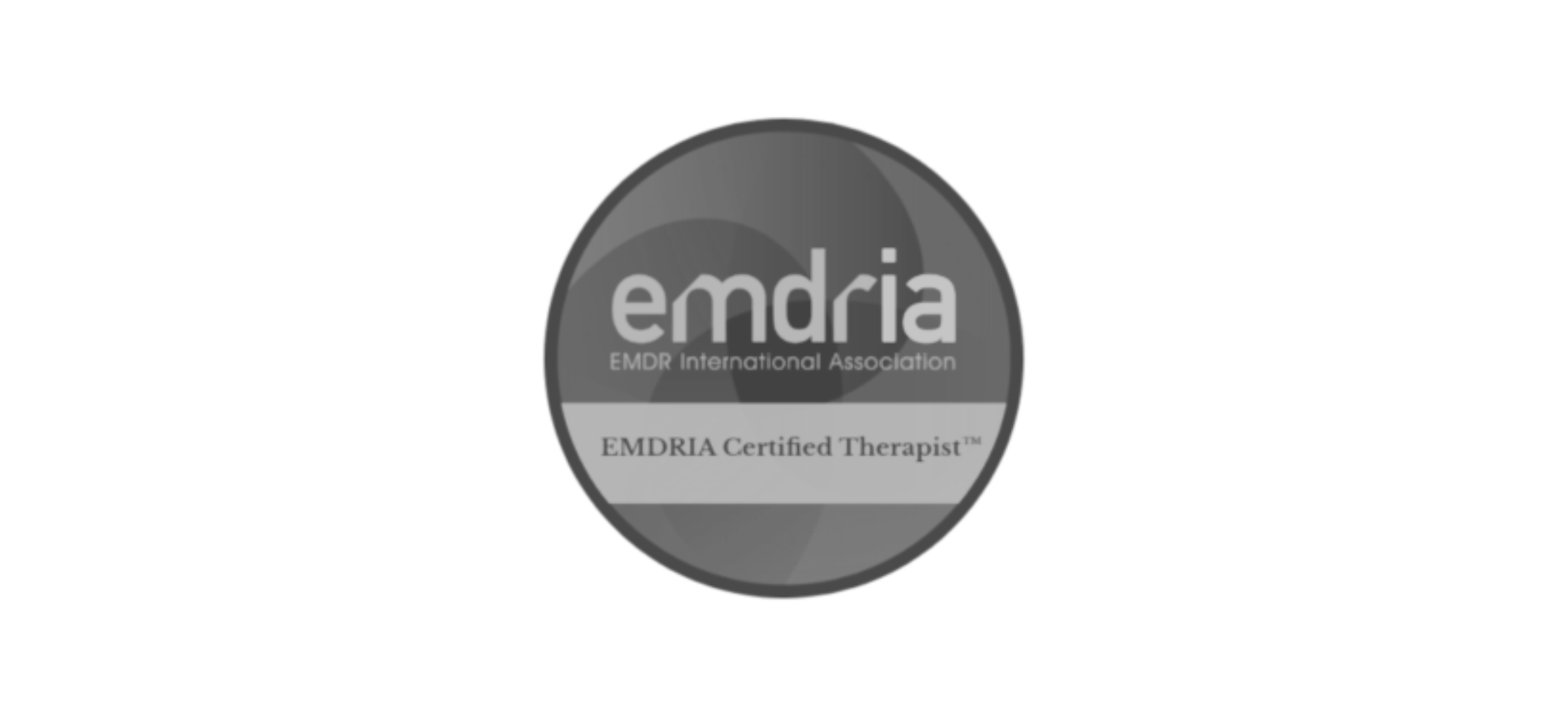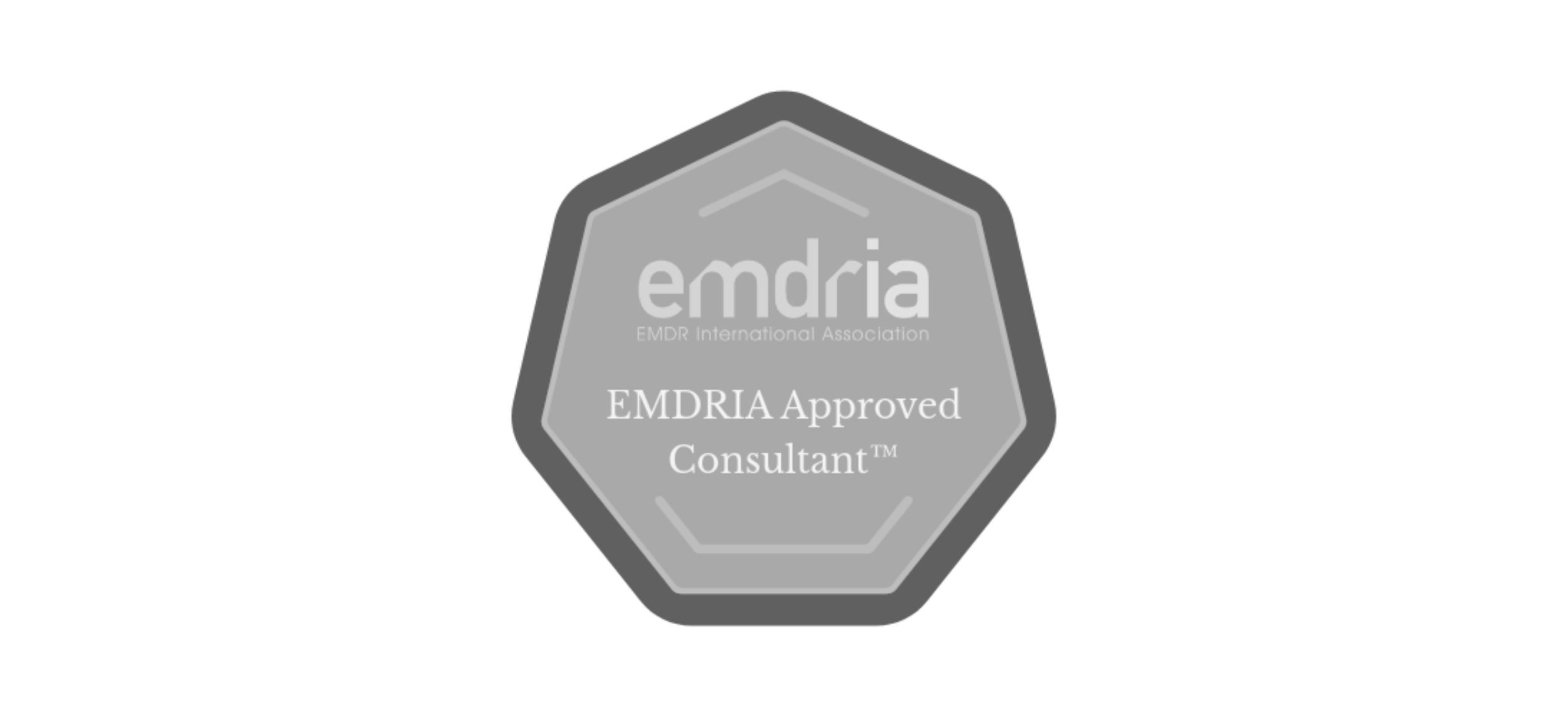What is Holistic Wellness & Why Does it Matter?
Holistic wellness looks at the full picture of a person, not just symptoms or isolated concerns.
Emotional experiences affect the body. Physical stress influences mood, energy, and resilience. When care focuses on only one piece, important connections can be missed.
Rather than asking what’s wrong, holistic wellness asks what’s happening beneath the surface and what kind of support might help restore balance. This approach recognizes that care often works best when the mind and body are considered together, especially when challenges feel layered, ongoing, or hard to untangle.
Table of Contents
What Holistic Wellness Really Means
Why Mind and Body Can’t Be Treated Separately
How Stress and Emotion Show Up Physically
Different Paths Within Holistic Care
Why Integrated Spaces Matter for Healing
Holistic Wellness at Eunoia Wellness Studio
What Holistic Wellness Really Means
Holistic wellness looks at how different parts of a person’s experience are connected. Thoughts, emotions, physical sensations, relationships, and stressors influence one another, often in subtle ways. When one area feels strained, it rarely stays contained to just one part of life.
Rather than focusing only on symptom relief, holistic care pays attention to patterns. Stress can build gradually, emotions can be held in the body, and past experiences can shape how the nervous system responds in the present. Research on holistic counseling models emphasizes the importance of viewing individuals as integrated systems, rather than separating mental, emotional, and physical concerns into isolated categories.¹
Holistic wellness doesn’t mean doing everything at once. It means having access to different forms of support that can meet people where they are. Care can shift over time, responding to what feels most helpful in a given moment, without forcing a one-size-fits-all solution.
Why Mind and Body Can’t Be Treated Separately
Emotional experiences don’t stay contained in the mind. Stress can tighten muscles, disrupt sleep, and drain energy. Unprocessed emotions may show up as tension, fatigue, headaches, or a constant sense of being on edge. Over time, the body often carries what hasn’t had space to be processed.
Models of holistic wellness highlight how emotional, physical, and relational well-being influence one another continuously, not in a linear way.² When care focuses only on thoughts or insight, these physical signals can be overlooked. Many people understand why they feel the way they do, yet still notice their bodies reacting as if stress or threat is ongoing.
Supporting both mind and body allows care to reach experiences that words alone can’t always access. When physical sensations, emotional responses, and cognitive understanding are considered together, it becomes easier for the nervous system to shift out of patterns of tension or shutdown.
How Stress and Emotion Show Up Physically
Stress and emotional strain often show up in the body before they are fully recognized mentally. These signals can be easy to dismiss or normalize, especially when they develop slowly over time.
Some common ways this can appear include:
Persistent muscle tension or jaw clenching
Difficulty sleeping or feeling rested
Digestive discomfort or appetite changes
Shallow breathing or chest tightness
Feeling restless, numb, or easily overwhelmed
Holistic counseling literature describes these physical cues as important sources of information, not symptoms to be ignored.¹ The body often reflects what hasn’t yet been named or processed emotionally, making physical awareness an important part of care.
Different Approaches Within Holistic Care
Holistic wellness includes a range of supports that address different aspects of experience. Some focus on insight and understanding, while others work more directly with the body. Together, they offer multiple ways to support regulation, awareness, and change.
Depending on a person’s needs, care may involve:
→ Talk therapy to explore emotional patterns, beliefs, and relational experiences
→ EMDR or trauma-informed therapies that support nervous system processing and integration
→ Body-based or somatic work to help release tension and support regulation
→ Integrative practices that encourage relaxation, awareness, and balance
Holistic wellness models emphasize that these elements are most effective when they aren’t treated as separate silos, but as complementary forms of care that can be thoughtfully woven together over time.²
Why Integrated Spaces Matter
Having access to different forms of care within one shared environment can make the healing process feel more connected. When practitioners value collaboration and mind–body awareness, care becomes less fragmented.
Integrated environments support the kind of whole-person care described in holistic counseling research, where emotional, physical, and relational needs are all considered during treatment planning.³ This allows care to evolve naturally, rather than being limited to a single framework.
Holistic Wellness at Eunoia Wellness Studio
Eunoia Wellness Studio was created with this integrated vision in mind. The studio brings together therapists and holistic practitioners who share a commitment to whole-person care.
Within the space, people can access psychotherapy, EMDR, bodywork, and other supportive practices that honor the connection between mind and body. Each practitioner offers their own area of expertise while working within a shared value system that prioritizes intention, presence, and care that feels connected rather than fragmented.
Eunoia is meant to be a place where different forms of healing can coexist, supporting people as they move toward greater balance, clarity, and well-being.
Until next time, don’t forget to take care of yourself.
— Catherine Alvarado, LMFT
References
¹ Moe, J. L., Perera-Diltz, D. M., & Rodriguez, T. (2012). Counseling for wholeness: Integrating holistic wellness into case conceptualization and treatment planning. In G. R. Walz, J. C. Bleuer, & R. K. Yep (Eds.), Ideas and research you can use: VISTAS 2012 (Article 31). American Counseling Association. [View Article]
² Myers, J. E., Sweeney, T. J., & Witmer, J. M. (2000). The wheel of wellness, counseling for wellness: A holistic model for treatment planning. Journal of Counseling & Development, 78(3), 251–266. American Counseling Association. [View Article]
³ Moe, J. L., Perera-Diltz, D. M., & Rodriguez, T. (2012). Counseling for wholeness: Integrating holistic wellness into case conceptualization and treatment planning. In G. R. Walz, J. C. Bleuer, & R. K. Yep (Eds.), Ideas and research you can use: VISTAS 2012 (Article 31). American Counseling Association. [View Article]
About the Author
Catherine Alvarado, LMFT 134744, is an EMDRIA Certified Therapist and EMDRIA Approved Consultant based in Redondo Beach, California, offering individual therapy to teens and adults through South Bay Psychotherapy & EMDR. She also co-owns Eunoia Wellness Studio, a collaborative space in Redondo Beach created to support holistic care. Her work attends to the thinking mind alongside emotional and bodily experience, with attention to how stress and life experiences are carried in the nervous system.
Catherine specializes in EMDR therapy and works with individuals navigating anxiety, panic, trauma, and patterns that feel difficult to shift, even with insight. EMDR is one part of a broader approach that helps connect past experiences with what shows up in the present, supporting greater ease, safety, and self-trust over time.
Her work is relational and reflective, often blending EMDR with somatic awareness and gentle exploration of inner experience. Therapy is approached as a space to slow things down, get curious, and build a more steady, trusting relationship with oneself.
She practices in Redondo Beach and offers both in-person and online therapy.







